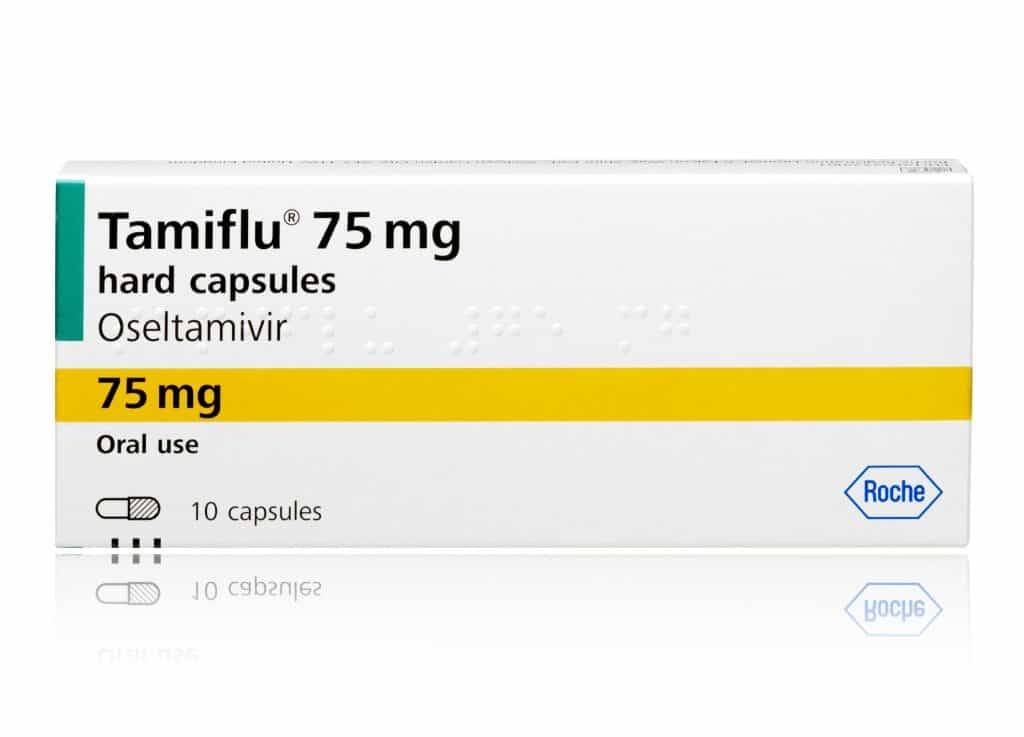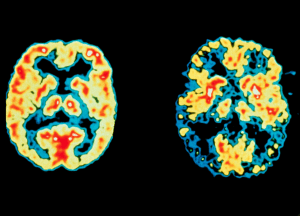
BMJ blasts Roche for withholding Tamiflu data
pharmafile | January 18, 2012 | News story | Research and Development, Sales and Marketing | BMJ, EMA, Roche, Tamiflu, WHO
Roche is still withholding Tamiflu data from researchers, claims the British Medical Journal.
Two years after Roche said it would release key Tamiflu data for independent scrutiny, the safety and effectiveness of the drug remains uncertain, according to a report by the Cochrane Collaboration.
Its report says that Roche’s refusal to provide full access to all its data leaves critical questions about how well the drug works, unresolved.
A BMJ investigation has been published to coincide with Cochrane’s report, and raises serious concerns about access to drug data, the use of ghostwriters in drug trials, and the drug approval process.
The BMJ says this situation must be resolved as Tamiflu has become the mainstay of influenza treatment in the UK, and has also made it onto the WHO’s list of essential medicines.
Governments around the world have spent billions of dollars stockpiling Tamiflu in case of a pandemic, and both the BMJ and Cochrane says this warrants greater clarity from Roche.
Roche ‘hampers investigation’
The Cochrane researchers set out to test Roche’s claim that Tamiflu prevented complications and reduced the number of people needing hospital treatment.
But their investigation was hampered by Roche’s refusal to provide all of its trial data for analysis.
The team obtained some clinical study reports from the European Medicines Agency, but found inconsistencies with published reports and possible under-reporting of side effects.
Dr Fiona Godlee, BMJ editor-in-chief, says that she hopes the EMA will now make the full study reports available to the public.
“But we are still a long way away from having a full trial history for all drugs in clinical use,” she added.
“Public safety and the proper use of public money demands that we should stop at nothing less than this.”
Firm disputes claims
The investigation also raises questions about Tamiflu’s clinical effects. After evaluation of trial data, the Cochrane group says that Tamiflu appears to affect antibody production – a claim that Roche refutes.
This is important, say Cochrane, because influenza vaccination relies on an antibody response to be effective. But when asked by the BMJ, Roche refused to explain how the drug works.
The Cochrane group said: “Until more is known about the mode of action of neuraminidase inhibitors, health professionals, patients and other decision-makers need to reflect on the findings of this review before making any decision about the use of the drug.”
Cochrane also argues that Tamiflu’s ability to prevent the spread of influenza has not been demonstrated in trials.
Roche maintains it provided the Cochrane team with enough information to conduct their evaluation, but the Cochrane team said that this is not the case.
Ben Adams
Related Content

Rethinking oncology trial endpoints with generalised pairwise comparisons
For decades, oncology trials have been anchored to a familiar set of endpoints. Overall survival …

Roche receives CE Mark for blood test to help rule out Alzheimer’s
Roche has been granted CE Mark approval for its Elecsys pTau181 test, the first in …

Roche candidate shows early promise for treating haemophilia A
Roche has announced encouraging early results from its phase 1/2 trial of NXT007, an investigational …






